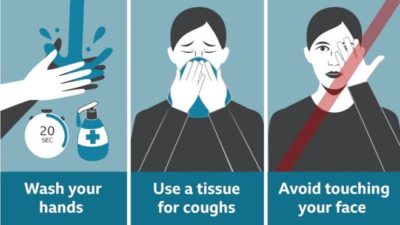Regard is very concerned with the vulnerability of members of our community in care homes to the covid-19 coronavirus. This week we submitted the following evidence to the Parliamentary Women and Equalities Committee Inquiry into the impact of Covid-19 on ‘protected groups’. We call on Stonewall to join us and take up this issue urgently.
Evidence to the Women and Equalities Committee about the unequal impact of Covid-19 on Disabled LGBTQI+ people
We refer you first to the written and oral evidence provided last year to the inquiry into LGBT Health and Social Care. This detailed the particular issues facing LGBTQI+ Disabled people, including:
* There is growing evidence to show that LGBTQI+ people are significantly more likely to have long-term impairments than the population at large. This is due to a combination of factors, including the mental and physical health impacts of discrimination, a higher rate of HIV, greater levels of poverty among some groups etc.
* LGBTQI+ Disabled people are significantly more likely than other Disabled people to rely on social care. This is due to a combination of factors, including being more likely to move away from their childhood home areas into cities; being less likely (3/4) to have children; being less likely to have close relationships (if any) with biological relatives; and less likely to have friends locally rather than meeting up in LGBTQI+ venues.
* There is significant evidence to prove that LGBTQI+ people face difficulties and discrimination in accessing social care. This includes Stonewall’s State of the Nation reports, and research published by the University of Bristol in 2017 in association with Regard, Stonewall and SCIE which shows that even Disabled people using self-directed support face widespread difficulties in coming out to social care workers and accessing support to maintain contact with the LGBTQI+ community.
All of the above means that LGBTQI+ people are significantly over-represented as care home residents. We have been working with first the Commission for Social Care Inspection and then CQC regarding monitoring of residents, but if anything there is less monitoring than a decade ago due to inspection cuts, while many LGBTQI+ people fear discrimination if they come out, so no reliable figures are available.
When LGBTQI+ people enter care homes, they are significantly less likely than other residents to have outside support and visits from family and friends, making them extremely vulnerable to abuse and neglect. We also have evidence of care homes banning LGBTQI+ visitors on the grounds that they were not legally recognised relatives.
For the reasons stated above, the failure to provide full PPE to staff and visitors at care homes, together with the failure to respect residential care settings as being homes and therefore discharging infected strangers into them from NHS facilities, has resulted in the ongoing deaths of a disproportionate and unknown number of LGBTQI+ people.






COMMENTS